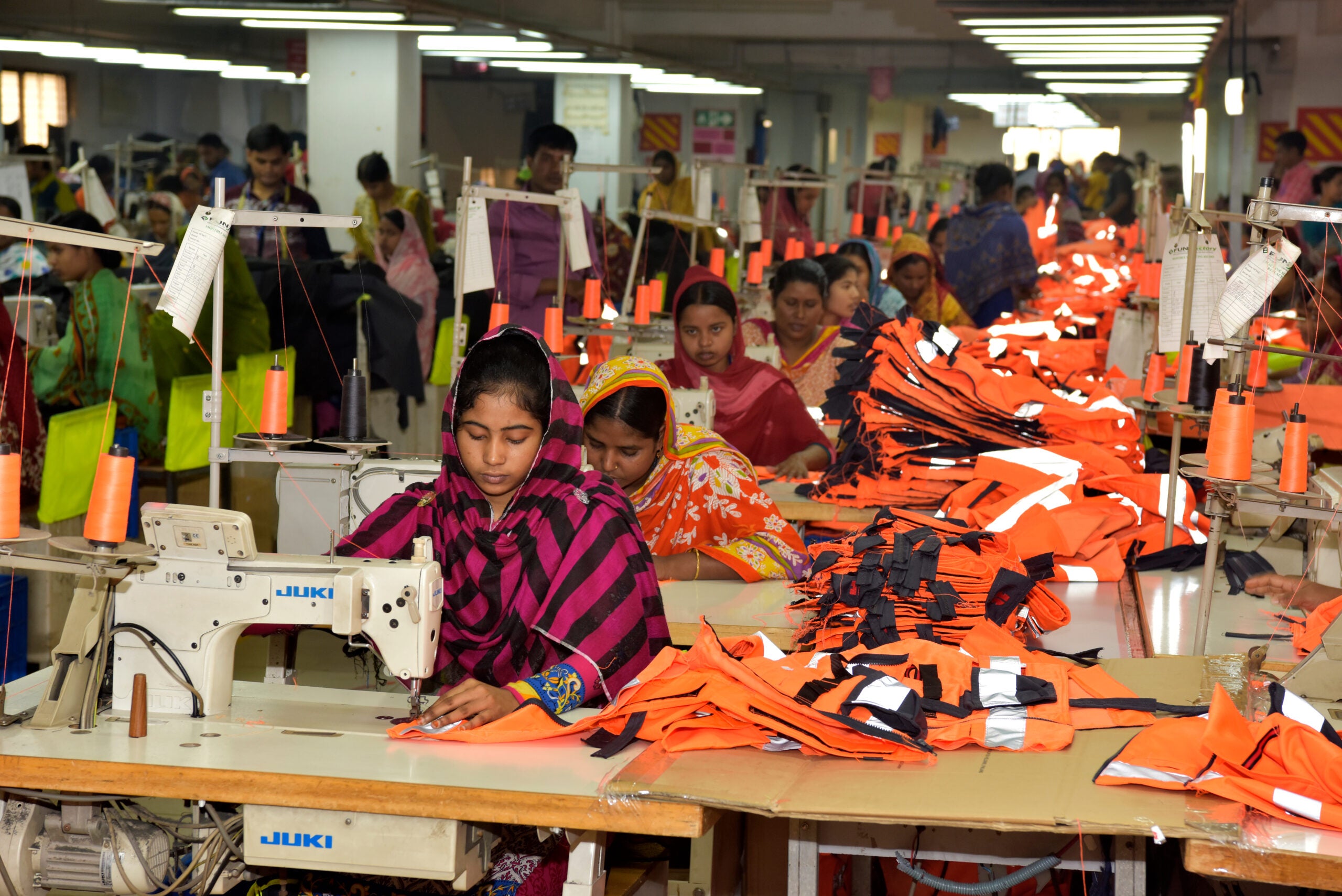
Speaking at a policy dialogue at the Sweden-Bangladesh Partnership in Renewable Energy within the RMG sector, the president of the BGMEA, Faruque Hassan, said brands must adopt “inclusive strategies” that also consider SMEs, to ensure sustainable growth of the entire readymade garment sector. He explained this is particularly important as the focus moves towards reaching net-zero.
The Embassy of Sweden in Bangladesh together with Swedish fashion and homeware brands H&M Group, IKEA, and Lindex along with the Nordic Chamber of Commerce and Industry (NCCI) and the Sweden-Bangladesh Business Council (SBBC) have set up an initiative called the Sustainable Fashion Platform to combine and coordinate the efforts on sustainability within the RMG sector in Bangladesh under one umbrella.
The discussion was organised as a part of the initiative which aims to strengthen Bangladesh’s global competitiveness and at the same time build a sustainable partnership.
Hassan said: “For a country like Bangladesh, the challenges of climate change are double-fold. On one hand, as a climate-vulnerable country, we have to invest in climate adaptation, and on the other hand, we have to keep ourselves competitive. We have to invest in climate mitigation to reduce carbon emissions and transition to renewable sources.
“SMEs represent the majority of the BGMEA member factories. Given the ambitious goals made by brands towards sustainability, it is difficult for them to invest in climate action. With that in mind, it is imperative to adopt business modules that not only help only big factories in Bangladesh but also the entire industry so that no one gets left behind,” he added.
Earlier this month, Hassan addressed an audience at the leadership summit hosted by the Indian Ocean Rim Business Forum (IORBF) in which he emphasised the crucial role that technology will play in what he called the “next stage of industrialisation in Bangladesh,” with regard to sustainability, competitiveness and creating decent employment.



